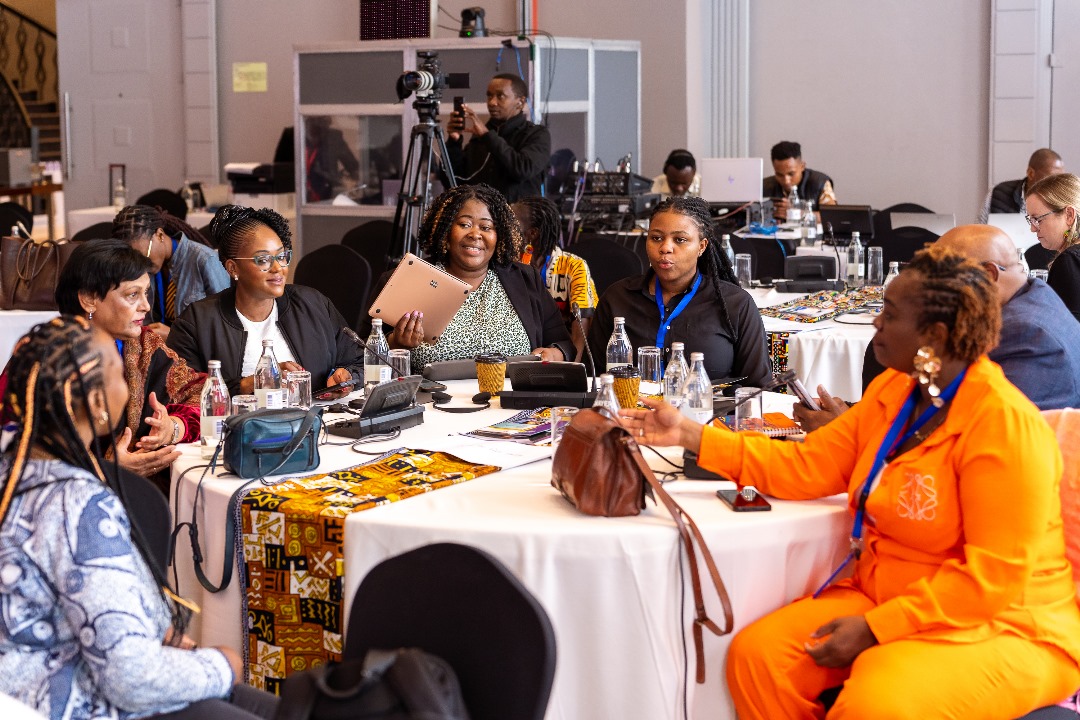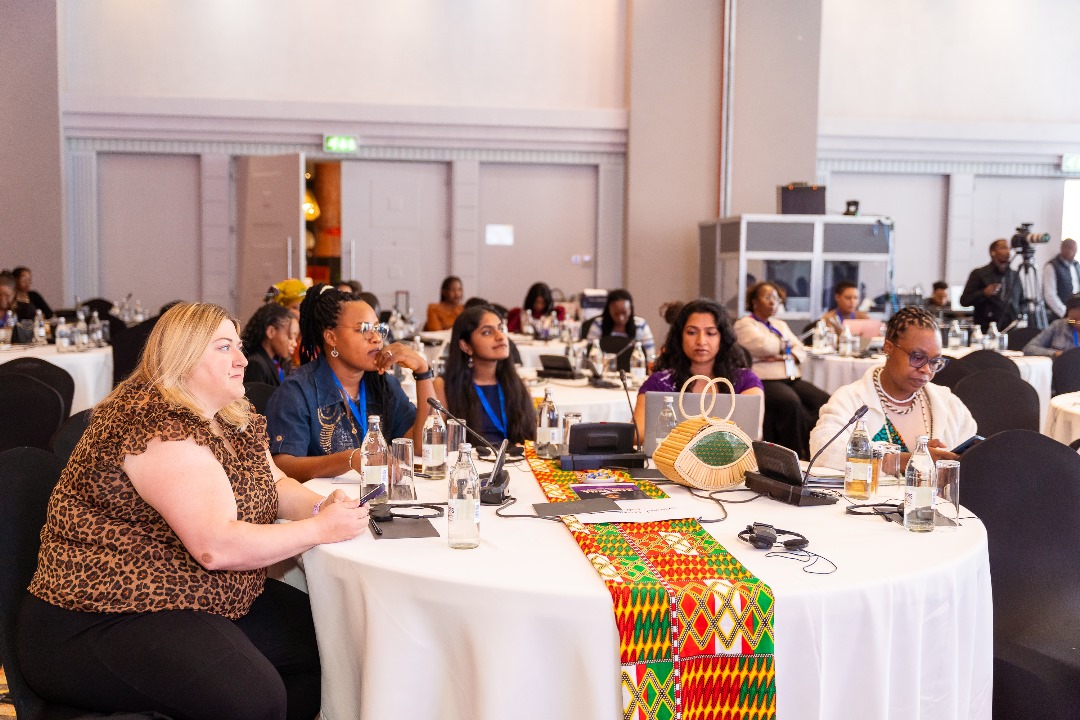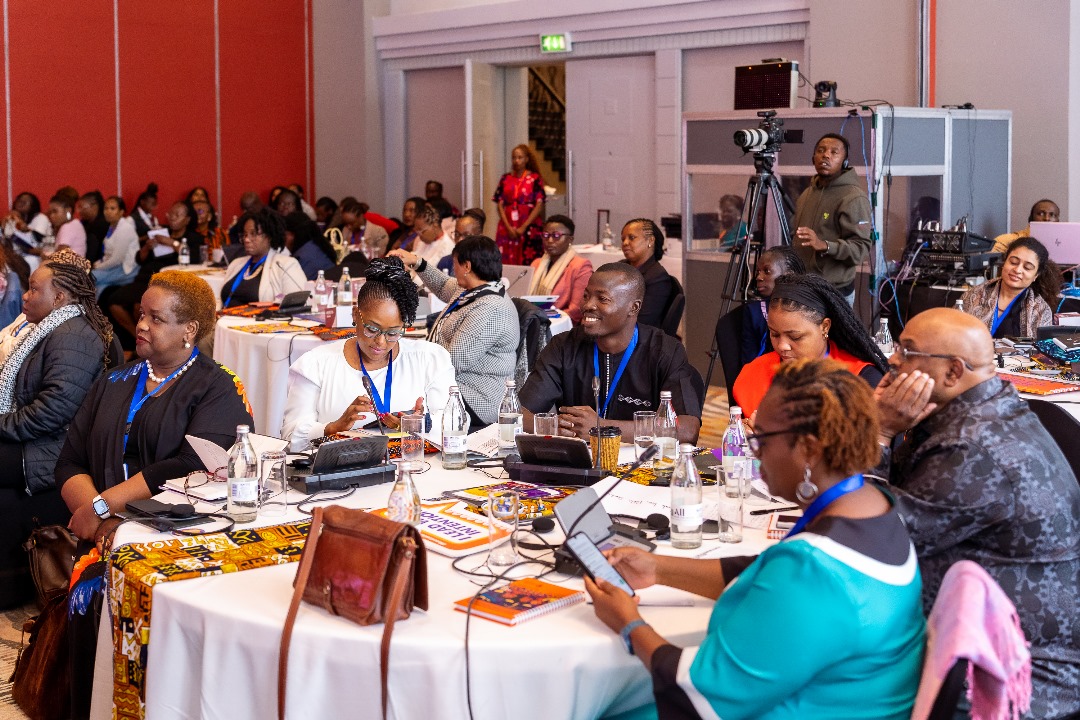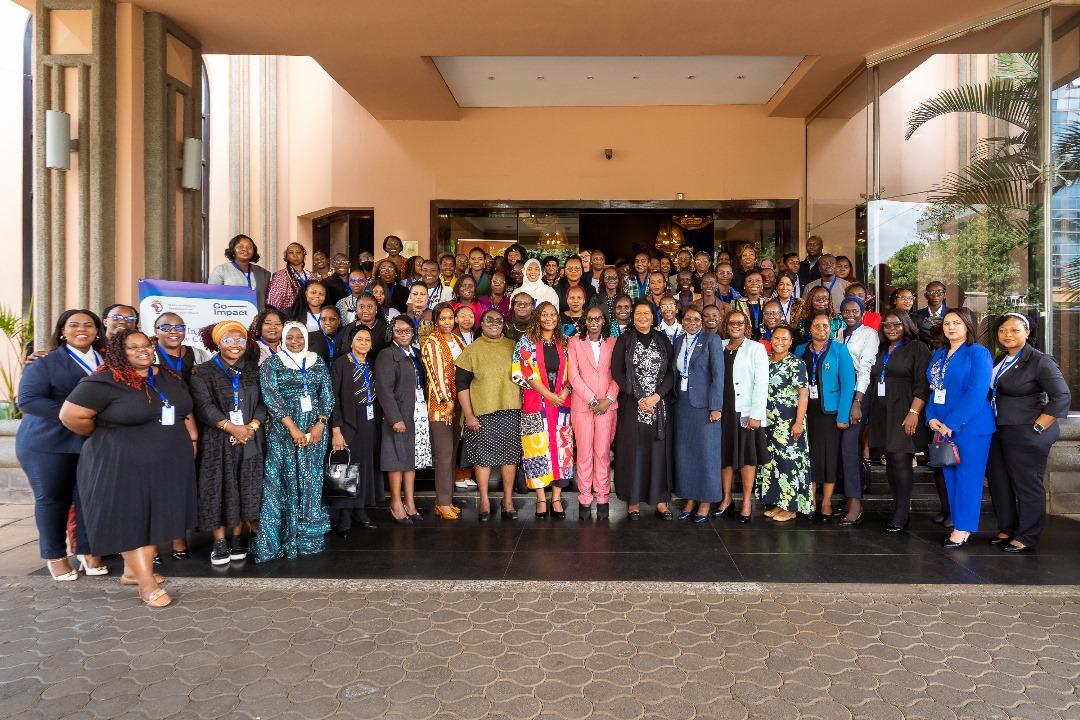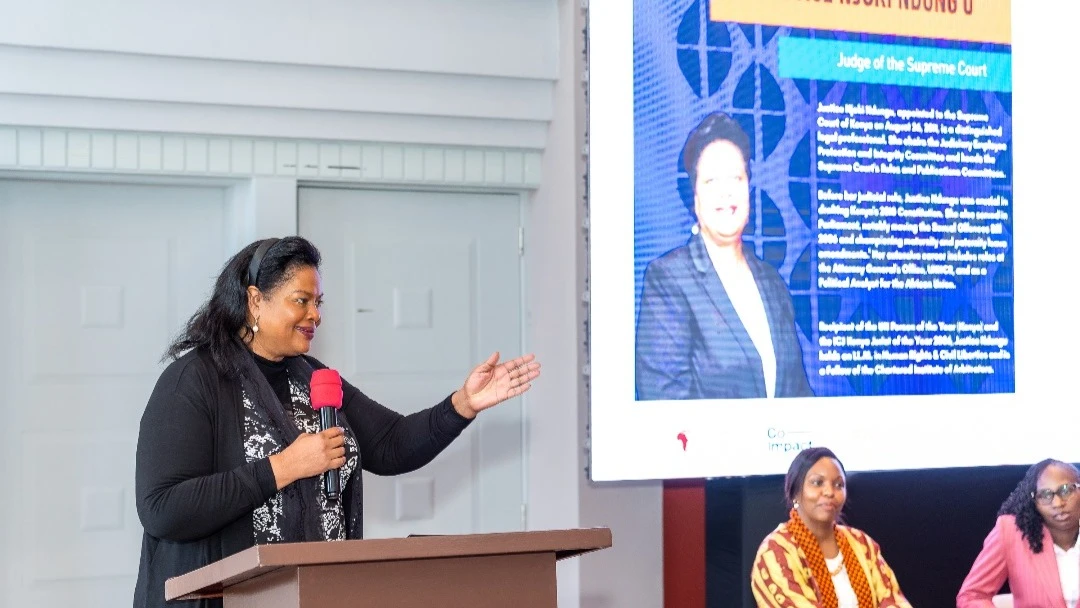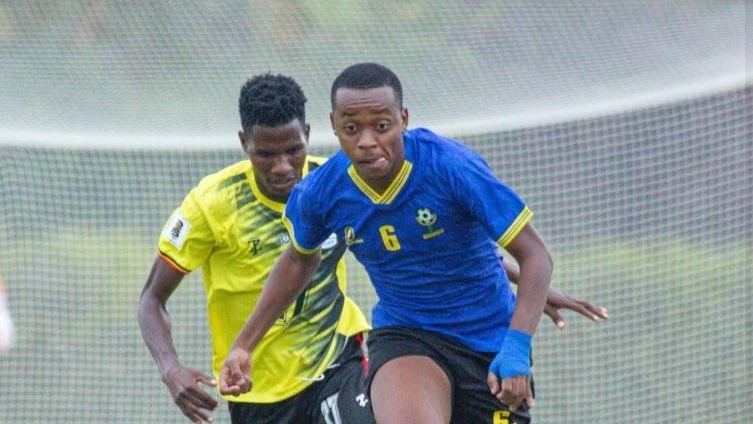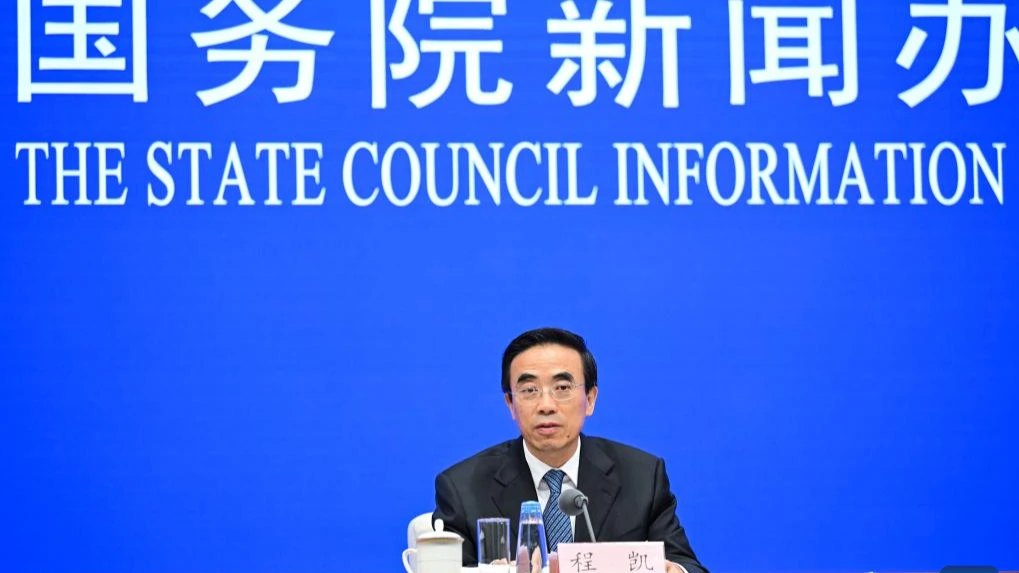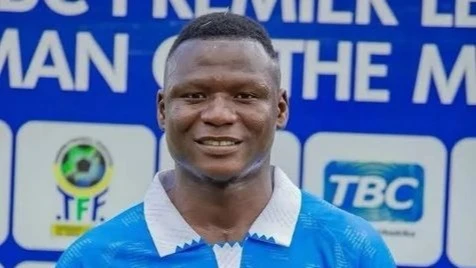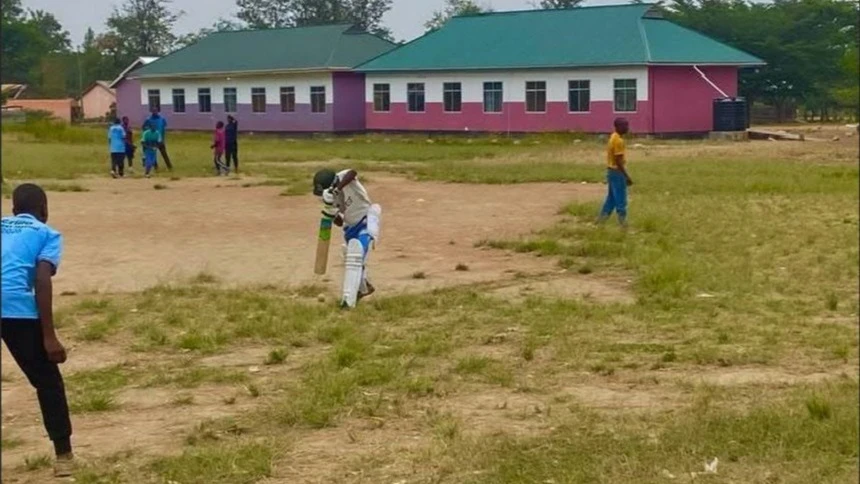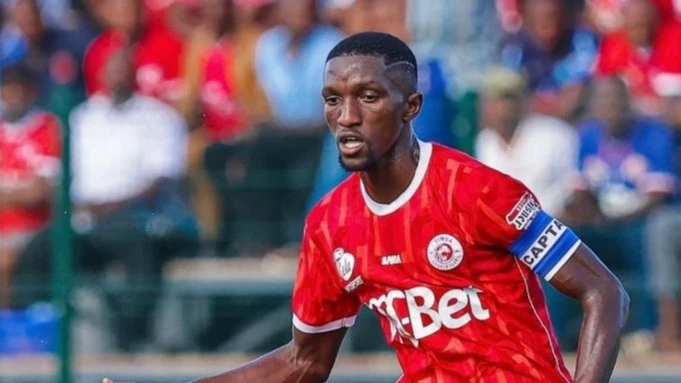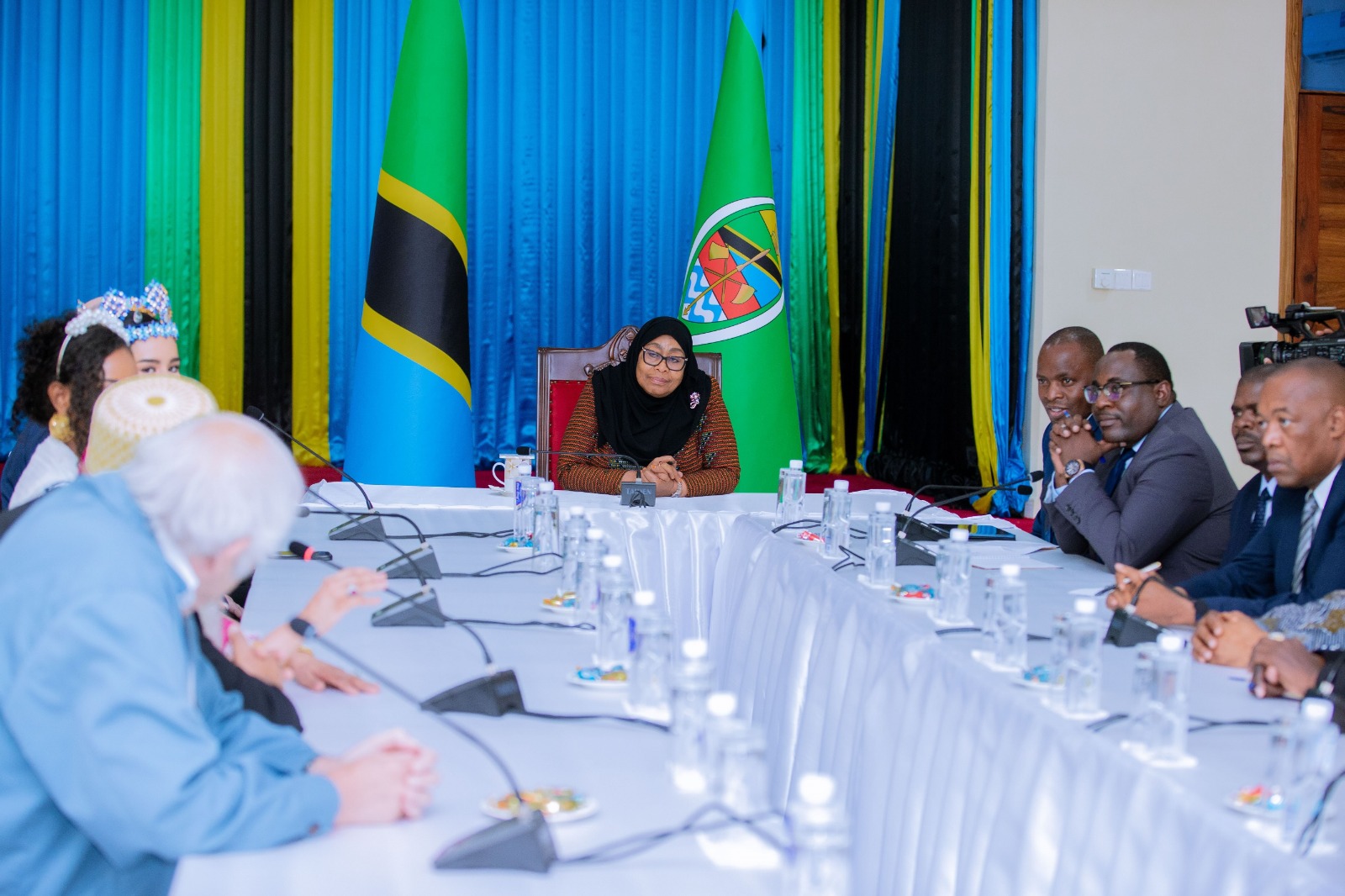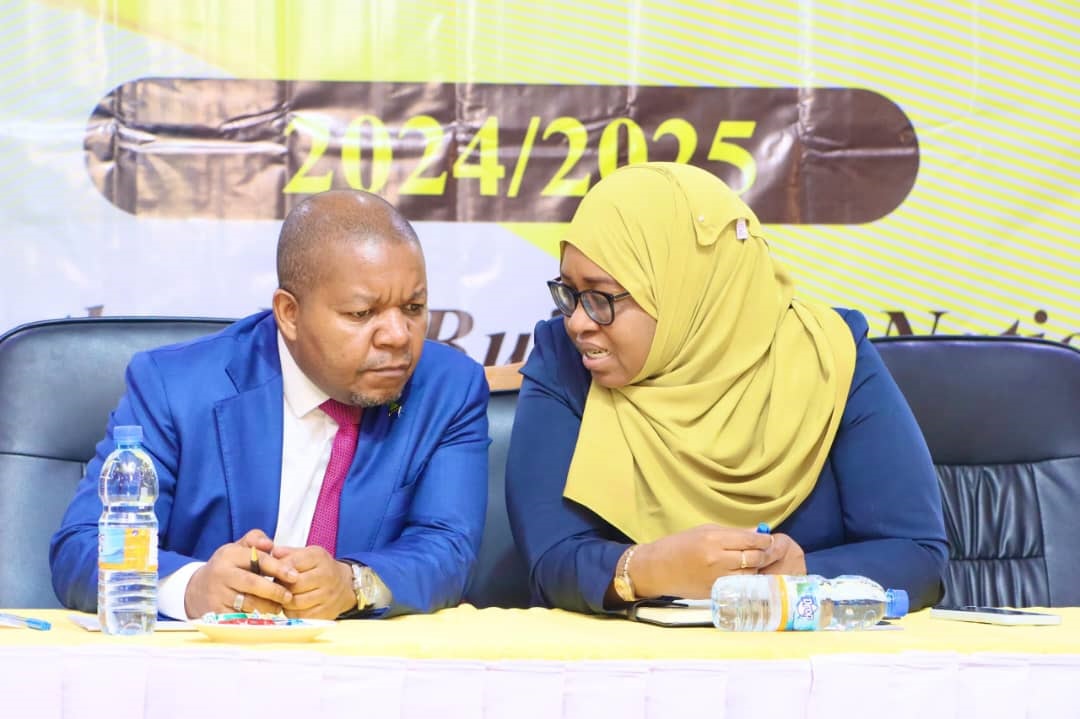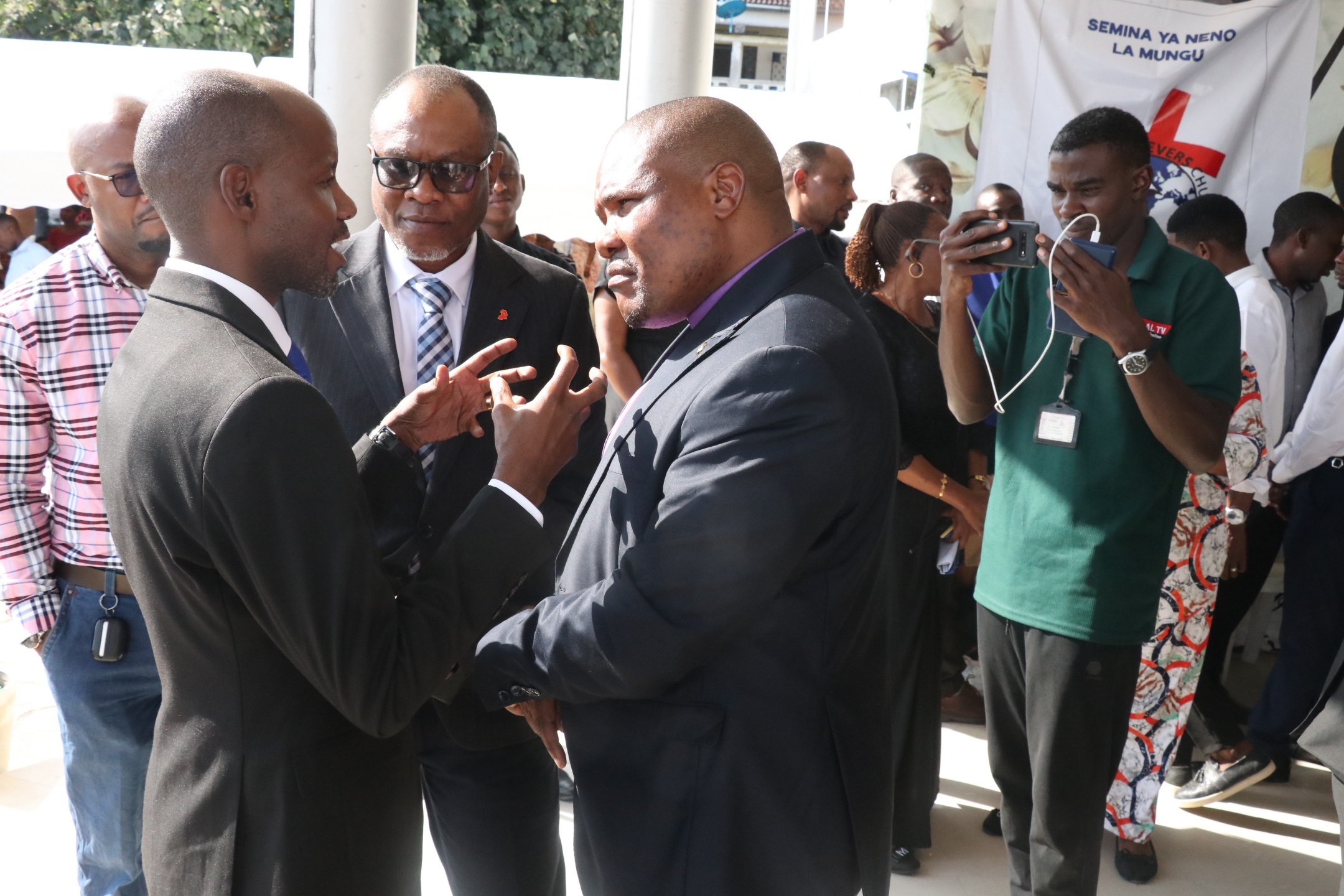FEMNET Amplifies the Voices of African Women
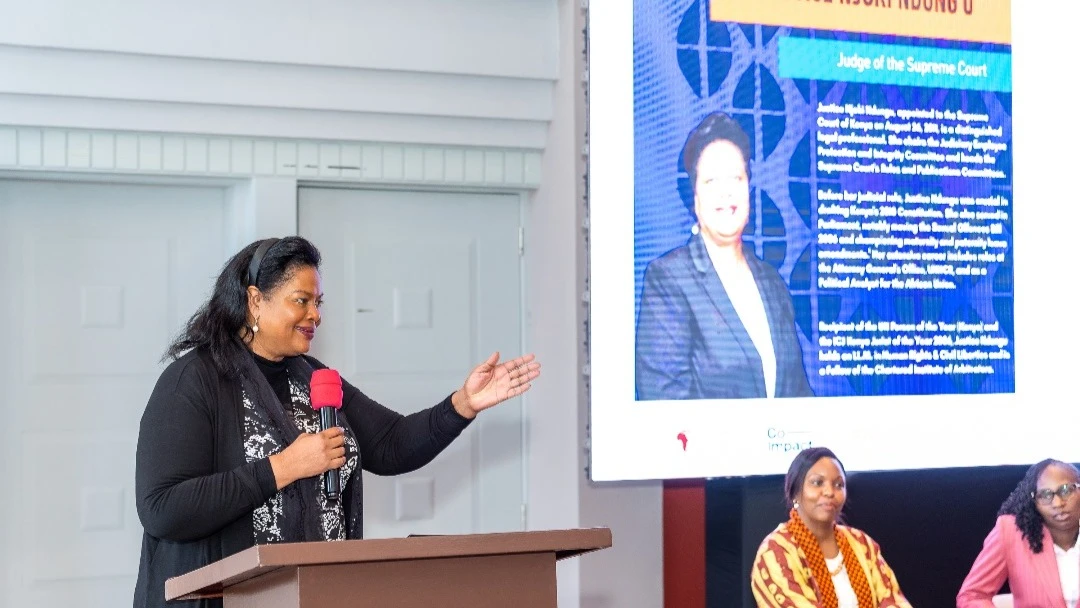
Indeed, the elders were right when they said, “Every season comes with its tide.” This proverb comes alive at a forum bringing together over 70 women from across Africa, gathered to discuss and reshape the narrative of women’s leadership in the legal sector across the continent.
Guided by values of love, unity, and solidarity, participants are developing strategies to dismantle systemic barriers and empower especially young women as courageous changemakers. Through policy advocacy, international collaboration, and strong networking, their collective mission is to advance justice and promote women’s leadership in the legal profession, driving both legal and social transformation in Africa.
Memory Kachambwa, Executive Director of FEMNET – the key convener of the meeting held in Nairobi, Kenya – explains that the Women in Leadership in Law workshop aims to bring together legal professionals, journalists, activists, and international organizations to jointly explore and transform women’s leadership in the legal sphere in Africa.
She notes that the forum provides space for women to share their stories, challenges, and aspirations. “There are so many women in law who can do – including reforming discriminatory laws – because these leaders, especially the younger generation, are not just making promises but are actively pushing for real change. Where women lead, justice thrives,” she says.
Voices from the Bench and Bar
Speaking on behalf of Kenya’s Chief Justice Martha Koome, Justice Njoki Ndung’u emphasized that achieving success often comes through adversity. She acknowledged that for too long, legal systems and institutions have harbored deep-rooted gender biases, sidelining women and limiting their access to leadership.
She noted that past gender campaigns in Kenya have contributed to a more just leadership framework, but that the journey continues. “Women in senior legal positions bring unique perspectives shaped by their lived experiences of exclusion and inequality. Despite progress, they still face barriers that hinder their full advancement,” she said.
“It is time to dismantle outdated systems that sustain bottlenecks and instead build inclusive structures that generate positive outcomes.”
Faith Adhiambo, President of the Law Society of Kenya (LSK), echoed the call for intergenerational conversations. She stressed the importance of protecting and mentoring younger women and girls as a way to prepare them for leadership roles in a diverse and evolving society.
“Behind every woman leading a legal campaign, sitting on the bench, teaching law, or drafting a constitution, there are those who silently broke the silence and challenged oppressive systems, paving the way during difficult times for the future generations,” she stated.
Judge Salima Rouhi, Board Member of the International Association of Women Judges (IAWJ), underscored the power of diverse narratives in reshaping legal discourse. “Our presence is not symbolic – it breathes life into the pursuit of justice and equality,” she said.
Partners Weigh In
Wandia Wanjiru, Africa Regional Director at Co-Impact, emphasized that now is the time to question and dismantle exclusionary systems while building legal leadership rooted in justice, equity, and dignity for all.
Young Women Inspired to Lead Change
Rejoyce Kgabo Legodi, a young participant from South Africa, told The Guardian that the Women in Leadership in Law convening left her deeply moved by the collective strength and power of mentorship.
“I’ve gained crucial insights into the obstacles women face in legal leadership and the strategies they can use to overcome them. I commit to amplifying women’s voices through my networks, challenging bias and stereotypes, and advocating for gender-equitable policies,” she said.
She also expressed her intention to prioritize self-care and seek mentorship opportunities to grow as a leader. “By working together, I believe we can build a more just and inclusive legal sector that truly reflects the diversity of our communities.”
Tanzanian lawyer Rachel Magege shared her enthusiasm for the gathering, saying it deepened her understanding of how to nurture and sustain women’s potential in justice and law.
“Women possess incredible strength and capacity to bring justice through legal frameworks. I’m glad to have connected with women from diverse backgrounds discussing how law can be a tool for peace, love, and justice,” she said.
She added, “What I’m taking home is the value of unity and the commitment to mentor others as I grow in leadership. Just as others once guided me, I will support those following behind.”
Neema Abel, another participant from Tanzania, said the three-day forum, supported by FEMNET in partnership with Co-Impact, further empowered journalists to recognize the importance of reporting on gender equity and portraying women’s leadership positively.
“Through this forum, I’ve learned how media can influence policy by advocating for gender equality and how journalists can collaborate with stakeholders for lasting change,” she noted.
Powerful Toolkit Launched
Among the major highlights of the forum was the launch of the Women in Leadership in Law Media Toolkit. Introduced by media and communications consultant Mildred Ngesa, the toolkit is a practical guide packed with resources, strategies, and frameworks to support journalists in effectively covering women’s leadership in law.
Ngesa emphasized that the guide will equip journalists and media professionals to increase the visibility of women in the legal profession, ensuring that African women’s perspectives and contributions are heard and valued.
The toolkit provides guidance on reporting on justice and legal issues with a gender lens, locating and featuring women in legal leadership, the power of storytelling, and framing narratives to reflect equity. It also addresses the harmful language and stereotypes that media must avoid, highlighting the responsibilities of media in covering law and justice issues.
Top Headlines
© 2025 IPPMEDIA.COM. ALL RIGHTS RESERVED


